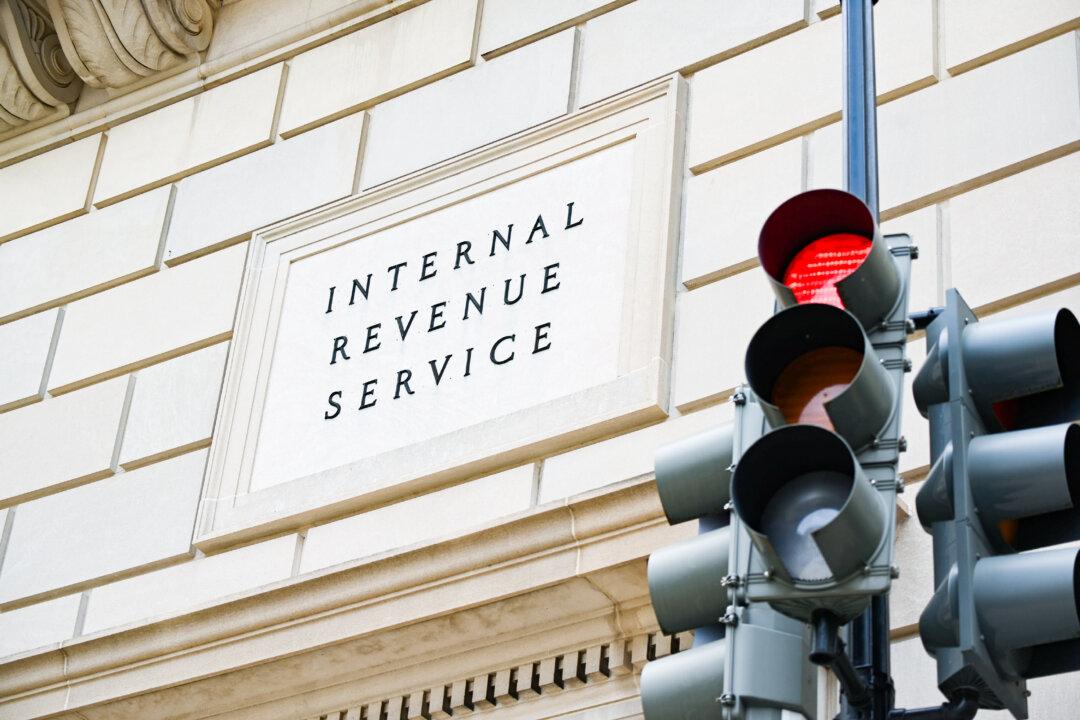The IRS has announced a major yet “common-sense” policy change that will put an end to most unannounced agent visits to taxpayers’ homes, mostly because of security concerns.
The move, effective immediately, reverses decades of policy that saw IRS revenue officers knock on the doors of taxpayers’ homes without forewarning in attempts to resolve delinquent tax matters.





